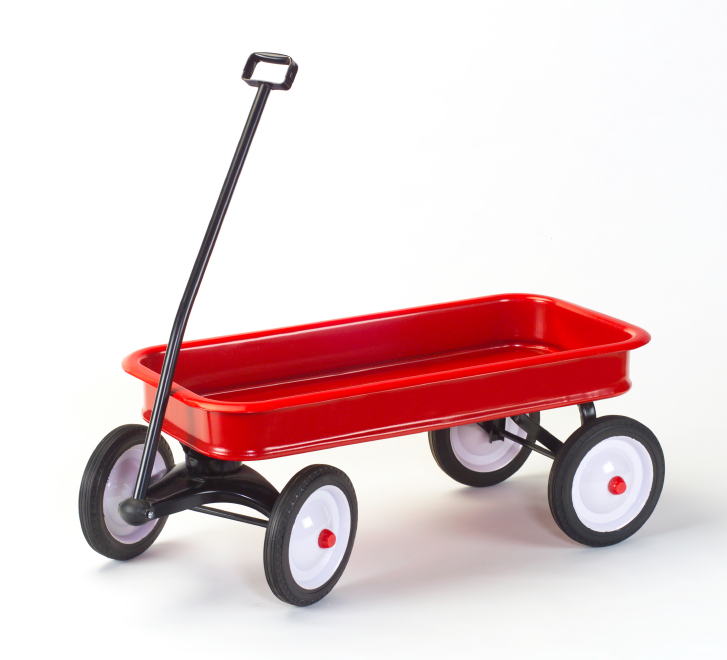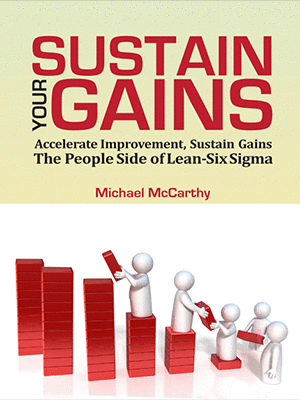Is There Muda in Your Methodology?
Muda is the Japanese word for waste, and is commonly used in Lean terminology. Do you know how much of your effort in implementing Lean or Six Sigma at your location is wasted? Here’s a quick diagnostic check to help you determine the effectiveness of your Lean-Six Sigma projects.
- What percent of the improvements from your Lean-Six Sigma projects last beyond six weeks?
- What percent of your Kaizen Events have to be “redone?”
- Do your methodology metrics (number of Kaizen Events or Six Sigma Projects held this year) look good, but your result metrics (% on time delivery) stay the same or look worse?
- What percent of Standard Work processes are audited weekly at your location?
If your answers were <90%, >30%, Yes, and <50% then it is safe to say there is muda in your methodology. The extra work you expend in correcting these issues adds no value to the customer and is a waste of your time and effort. It’s management muda.
The scenario is a common one: after great effort and much time on a Kaizen Event or a Six Sigma project, a process change is designed that delivers better results. Much celebration and congratulations follow. Six weeks later, it is as if nothing had ever happened. The production team has reverted to the previous process, and the improved results no longer exist. The gains do not sustain. But why?
|
When a Lean or Six Sigma project changes a process, people must implement the change by changing their behavior. The new process behaviors must be done consistently and habitually, as Standard Work. Developing new process behavior into a consistent habit requires systematic feedback and reinforcement, something that is typically lacking in Lean or Six Sigma implementation. Habit strength must be built and supported through feedback and reinforcement. This habit building is the missing piece in most methodologies and is almost always the cause that leads to a failure to sustain.
 A case in point: A manufacturer of surgical drapes worked to reduce changeover time between fabrics of different fiber content. A Lean team found that by providing little wagons to move the previous fabric out and the new fabric in, changeover time was reduced. The production people used this procedure for about six months, and then gradually stopped doing it.
A case in point: A manufacturer of surgical drapes worked to reduce changeover time between fabrics of different fiber content. A Lean team found that by providing little wagons to move the previous fabric out and the new fabric in, changeover time was reduced. The production people used this procedure for about six months, and then gradually stopped doing it.
They stopped using the wagons for two reasons. First, even though pulling the wagons into the production area made the changeover go more quickly, it was extra work in the process. Secondly, there was no management support (feedback or reinforcement). Nobody in management was auditing or reinforcing these new standard work behaviors and since management did not seem to notice or care whether the new process was being followed, the production people eventually stopped doing it.
By integrating Performance Management into the implementation of Lean and Six Sigma, improvement gains can be sustained. Process Behavior Maintenance (PBM) is a proven solution for how to make a “people” process improvement on two established process improvement methodologies: Lean and Six Sigma. It provides a proven way to systematically add feedback and reinforcement to accelerate and sustain the new process behaviors generated by Lean and Six Sigma projects.
 For example, everyone acknowledges that machinery requires a schedule of preventive maintenance. Process behaviors also require a schedule of maintenance. The maintenance consists of feedback and reinforcement. Without it, process behaviors revert back to older, more familiar behavior patterns (the way we used to do things) and the improved results evaporate. The gains do not sustain.
For example, everyone acknowledges that machinery requires a schedule of preventive maintenance. Process behaviors also require a schedule of maintenance. The maintenance consists of feedback and reinforcement. Without it, process behaviors revert back to older, more familiar behavior patterns (the way we used to do things) and the improved results evaporate. The gains do not sustain.
For more about how to use Process Behavior Maintenance to build the habit strength of new Lean-Sigma processes, refer to Michael McCarthy’s newly released book, Sustain Your Gains, The People Side of Lean-Six Sigma.
Michael McCarthy: As an experienced Lean facilitator, performance improvement consultant, and corporate trainer, Michael McCarthy has worked with all levels of organizations, from top management to work teams. He is the author of two workplace books, You Made My Day, a book that addresses productivity and positive work culture through building co-worker recognition and relationship, and Sustain Your Gains, his latest work focused on sustaining process improvement gains through the people side of Lean I and Six Sigma. Mike holds a master’s degree from Kent State University and a BA from the University of Florida.
Published August 1, 2011


